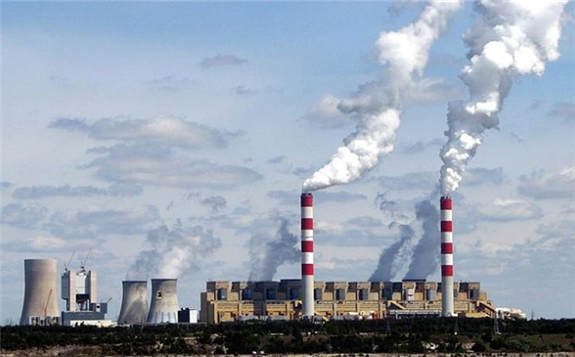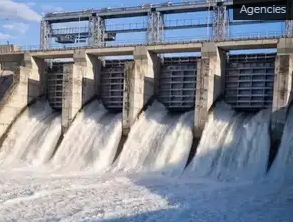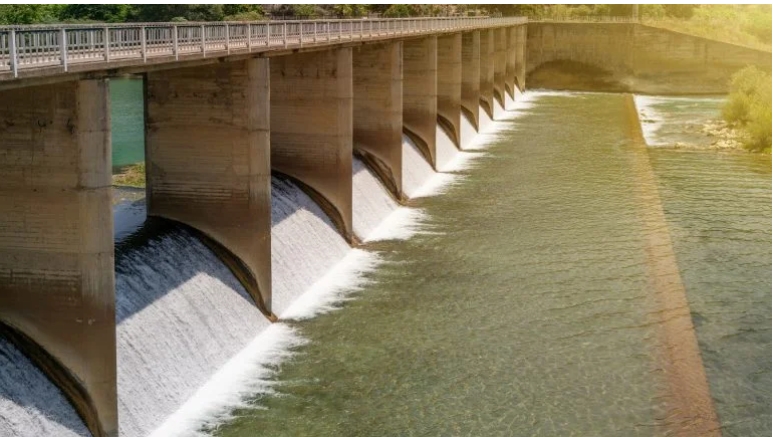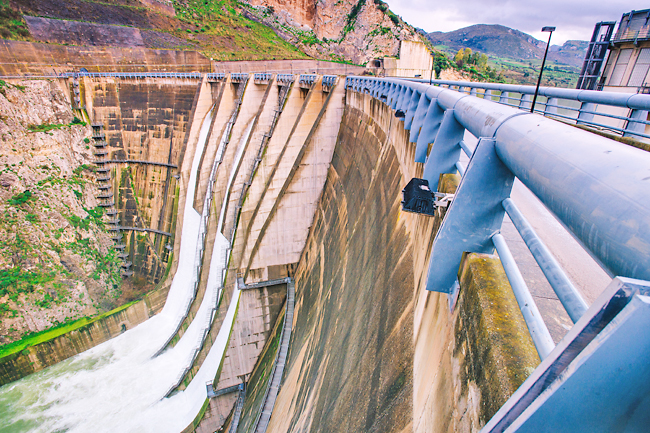Hungary is now the sixth European country to bring forward its coal phaseout plan, announcing that it will shut its last remaining coal plant in 2025. Meanwhile Poland says its first nuclear power unit will be built in Gdansk and the second one probably at the site of its Belchatów coal plant.S
 Poland might build a nuclear unit at the Belchatów coal plant site (Image: Wikipedia)
Poland might build a nuclear unit at the Belchatów coal plant site (Image: Wikipedia)
Hungarian President János Áder announced the country’s original plan to exit coal by 2030 at the United Nations Climate Action Summit in New York in September 2019. He said Hungary would simultaneously increase its solar power capacity ten times and expand the capacity of its nuclear power plants. These efforts would mean that 90% of Hungary’s electricity production will be carbon-free within a decade, he said.
This week, the secretary of state for the Development of Circular Economy, Energy and Climate Policy, Attila Steiner, announced a more ambitious target during a meeting of the Powering Past Coal Alliance (PPCA), to bring forward Hungary's phaseout of coal to 2025. Hungary is to receive support from the EU’s new Just Transition Fund to support the transition of its coal regions, of which closure of the 884 MW Matra coal power plant is a part. PPCA is a coalition of national and sub-national governments, businesses and organisations working to advance the transition from unabated coal power generation to clean energy.
Hungary has four nuclear reactors generating about half of its electricity. In 2018, nuclear accounted for 49% of its electricity mix, natural gas for 23%, and coal for 15%.
The country has four nuclear units at Paks, which is 100 km south of Budapest. These are Russian-supplied VVER-440 pressurised water reactors, which started up between 1982 and 1987. Russia and Hungary signed an inter-governmental agreement in early 2014 for Russian enterprises and their international sub-contractors to supply two VVER-1200 reactors at Paks, including a Russian state loan of up to EUR10.0 billion (USD11.2 billion) to finance 80% of the project, which is known as Paks II. The Hungarian Energy and Public Utilities Regulatory Authority announced in November last year that it had approved Atomerőmű Zrt's plan to construct the two new units at the existing Paks plant site. A construction licence for the project is required from the nuclear regulator, the Hungarian Atomic Energy Authority, before building work can start.
Polish reactor at Belchatów
Poland's Energy Policy for 2040 is based on three pillars: a just transition; a zero-emission energy system; and good air quality. As part of this policy, Poland plans to build six nuclear units by 2043.
Poland's Secretary of State for Strategic Energy Infrastructure Piotr Naimski told the RMF FM radio station on 3 March that the first unit will be built in Gdańsk Pomerania, and that this is expected to start operations in 2033. The second nuclear power plant will most likely be built at Belchatów, he added.
Asked if Poland could afford its nuclear power plant programme, he said: "Yes, Poland will be able to afford it. Will it be easy? No. It will be very, very difficult." The money for its clean energy transition "will come from our budget, for a large part or most of it," he said, adding, "We will also have the money to do so with European funds."
Naimski announced last week that the diplomatic notes Poland and the USA exchanged last year on cooperation in the development of Poland's civil nuclear power programme had officially entered into force. This means the USA now has 18 months to prepare both a technology and a financing offer to build nuclear power plants in Poland, he said.
The Polish government said in September last year that it plans to phase out coal more quickly than its previously stated ambition. The share of coal in the country's energy mix should fall to 35.6-56% in 10 years, which contrasts with the 56-60% provided for in a government report in November 2019. According to the latest plan, the share of coal in Polish energy consumption could fall to 11-28% by 2040, depending on whether the price of CO2 emissions permits will be cheaper or more expensive.







